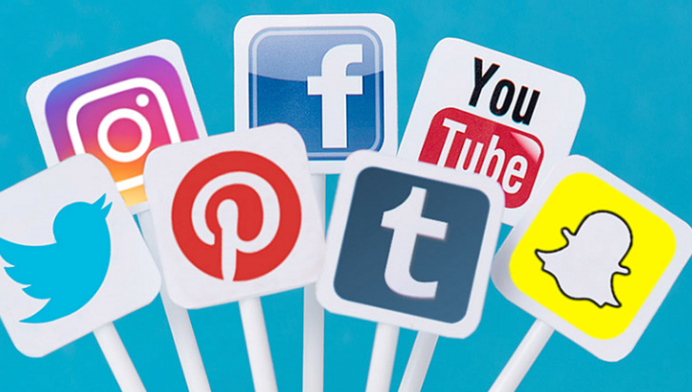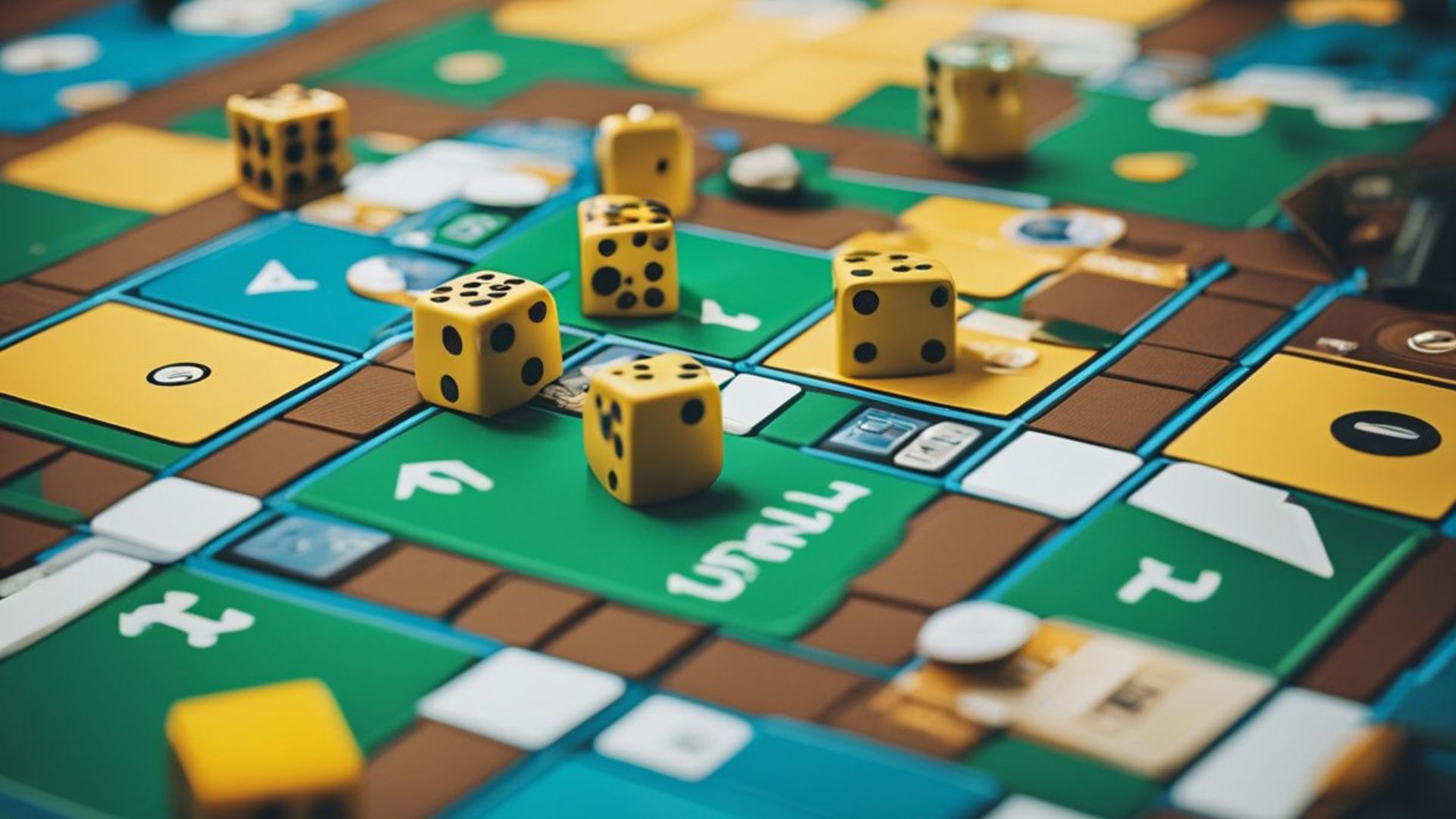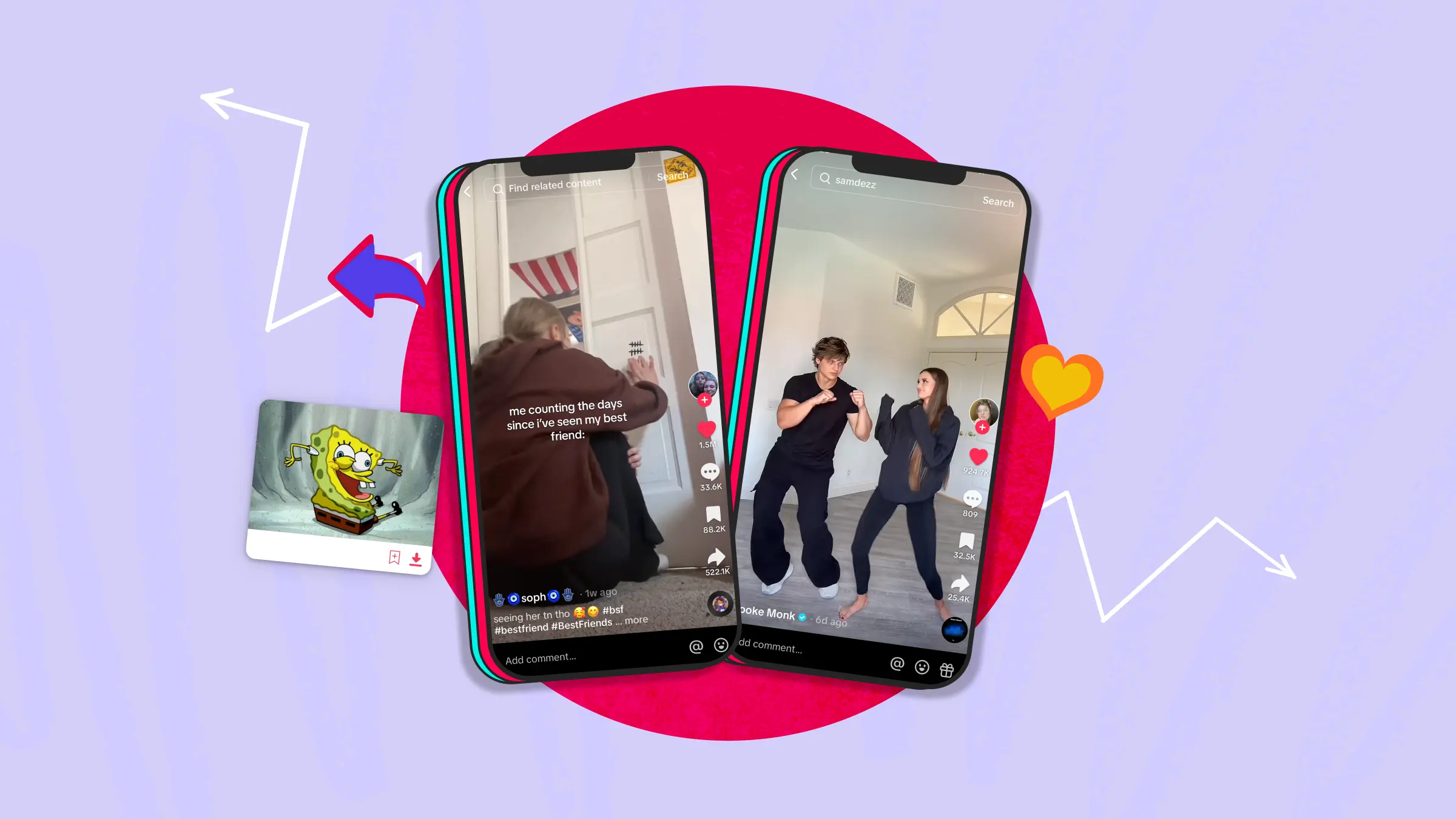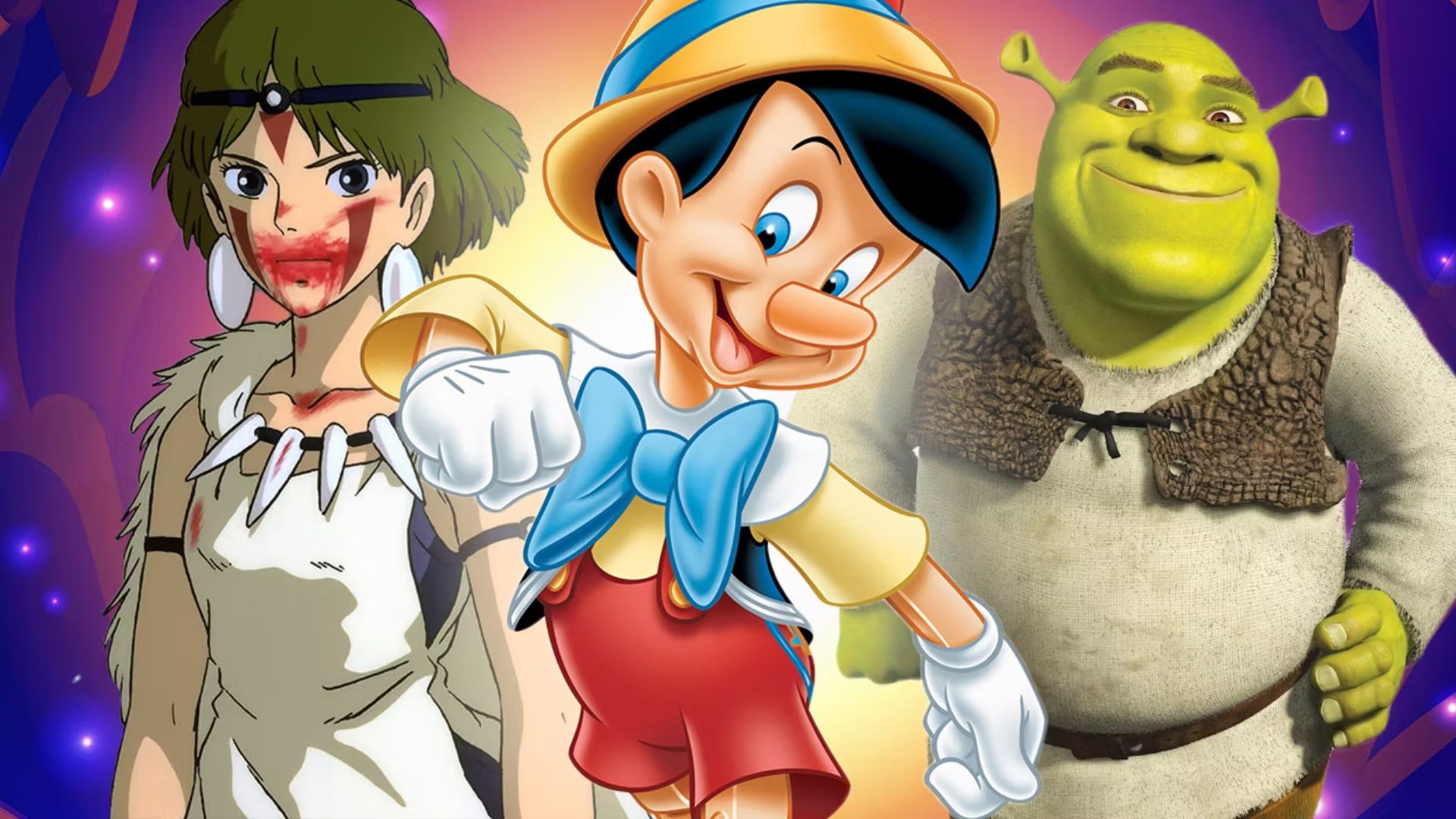In today’s hyper-connected world, social media has permeated nearly every aspect of our lives, profoundly impacting our interactions, information consumption, and cultural engagement. The realm of pop culture, a dynamic and ever-evolving landscape of popular trends, has been particularly susceptible to the influence of social media, undergoing significant transformations in the way trends are generated, consumed, and shared.
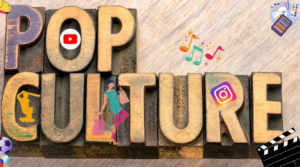
Social Media as a Trend Amplifier
Social media platforms have emerged as powerful amplifiers of pop culture trends. They provide an unprecedented platform for the rapid dissemination of ideas, styles, and creative expressions. The viral nature of social media allows trends to spread like wildfire. Reaching millions of users within a matter of hours or even minutes.
This amplification effect has democratized the creation and dissemination of pop culture trends. Shifting the power from traditional gatekeepers like media outlets to everyday individuals. Anyone with an internet connection and a creative spark can launch a trend that captures the attention of a global audience.
Social Media’s Impact on Traditional Pop Culture Industries
Social media has become a powerful tool for pop culture industries to connect with audiences, generate buzz, and provide new opportunities for independent artists and creators.
Influencing Preferences and Shaping Perceptions
Social media not only amplifies trends but also actively influences consumer preferences and perceptions. The algorithms that govern social media feeds to curate content based on user interests and behaviours.
This influence extends beyond personal preferences, shaping broader cultural perceptions and norms. Social media provides a platform for marginalized voices and diverse perspectives to gain visibility, challenging traditional cultural narratives and promoting greater inclusivity.
Transforming Consumption and Engagement
Social media has transformed the way we consume and engage with modern culture. No longer are we passive consumers of media products; we are active participants in shaping and sharing cultural trends. Social media has turned us into curators of our own pop culture experiences, sharing our favourites, recommending new discoveries, and influencing the trajectory of trends.
The rise of fan communities and online fandoms exemplifies this shift. Social media platforms have provided a virtual space for fans to connect, share their passions, and actively contribute to the evolution of their favourite pop culture phenomena.
Challenges and Opportunities Posed by Social Media
While social media has undoubtedly democratized pop culture and provided a platform for diverse voices, it also presents challenges. The rapid spread of misinformation, the potential for echo chambers and online bullying, and the constant pressure to stay up-to-date with trends can have negative consequences for individuals and society as a whole.
Navigating the pop culture landscape on social media requires critical thinking, digital literacy, and a mindful approach to consumption. It is crucial to discern credible sources from misinformation.
Conclusion
Social media’s impact on modern culture is undeniable, fundamentally altering the way we create, consume, and engage with popular trends. Social media offers opportunities for creative expression, cultural exchange, and the democratization of pop culture, despite its challenges and concerns. As we navigate this dynamic landscape, it is essential to approach social media with a sense of responsibility and mindfulness.







